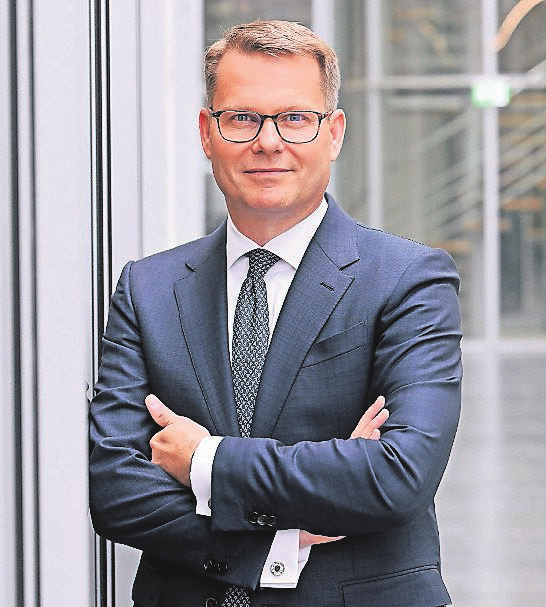AndresPartner is one of the leading restructuring and insolvency administrator law firms in Germany with more than 40 years of experience and around 90 employees at 20 locations. The specialists primarily deal with medium-sized companies. The shareholders also play an important role in these, especially before, during and after restructuring and insolvency proceedings. Even more than in stock companies, owners and financial investors of private equity firms can inject additional money if the company needs it.
There are opportunities and risks in equal measure, says Prof. Dr. Dirk Andres, partner at the law firm: “Shareholders have to ask themselves: What makes the most sense? What will get the company back on track?” The first question must be: Is the company still capable of being restructured? Because many companies are at an end because their offerings have reached the end of their product life cycle or because competitors produce cheaper elsewhere. Then there are questions such as: Do you have to cut staff, divest from certain production areas and/or invest where?
Shareholders often make mistakes here, Andres notes again and again. Two are particularly noticeable: “Shareholders often fool themselves for too long about being able to keep the company unchanged. And they often don’t take all the options into account.” Andres is thinking here of the extensive toolbox of restructuring law with instruments such as out-of-court restructuring (StaRUG) and self-administration (ESUG). “Many entrepreneurs and their advisors are not familiar with these tools or are afraid to use them,” complains Andres. The consequences: “Money flows into ideas and restructuring strategies that are too slow or complicated and therefore don’t work. The funds are burned and are then not needed for sustainable renovation. Stakeholders and employees are stalled and lose trust.”
PHOTO: MICHAEL LÜBKE
“WHEN THINKING ABOUT RESTRUCTURING, WE ALWAYS SPEAK TO THE OWNERS FIRST TO CLARIFY WHETHER THEY WANT AND CAN SUPPORT THE REALIZATION OF THE COMPANY.”
Prof. Dr. Dirk Andres, partner at AndresPartner law firm
This then has to be laboriously restored, says the experienced specialist lawyer for insolvency and restructuring law. “We are campaigning to lose the fear of judicial restructuring such as self-administration and to recognize the opportunities.” Three steps are necessary to save a company. Firstly: “You have to take a close look at the initial situation and draw up a proper restructuring plan based on that.” According to Andres, this can use various instruments of restructuring law. Secondly: “The company needs specialized consultants who can accompany the company on its restructuring path.” And thirdly: “After the first two steps have been clarified, it is important to consider: Where does additional money need to be invested in the future?”
In addition to the creditors, which include suppliers, financiers, employees and others, everyone must be involved in the restructuring – in the expectation that the company can be positioned for the future. “The shareholder can play an important role here if he is willing to make a contribution,” explains Andres.
Specialists like AndresPartner are needed to create a coherent renovation concept. “We look at the situation from the outside and check all aspects to see if they can be implemented.” The specialist lawyer notes that the figures in the company are often not used efficiently. Or there is a lack of information for various company areas or locations where crises originate. “As a sparring partner, we question the processes here and have discussions about them.” In this way, an efficient renovation can be initiated.
But how can crises possibly be avoided in the first place? Andres recommends an early, forward-looking strategy: “A good medium-sized company should extend its planning over at least 24 months.” This is subject to uncertainty, “but many trends are foreseeable.” In addition, you can make adjustments to existing planning more quickly and recognize the effects of changes sooner than if there is no planning at all. The expert is thinking, for example, of the automotive industry, in which the expected end of the combustion engine will mean that demand for components that are currently still required will expire in the foreseeable future. JÜRGEN GROSCHE
[]


